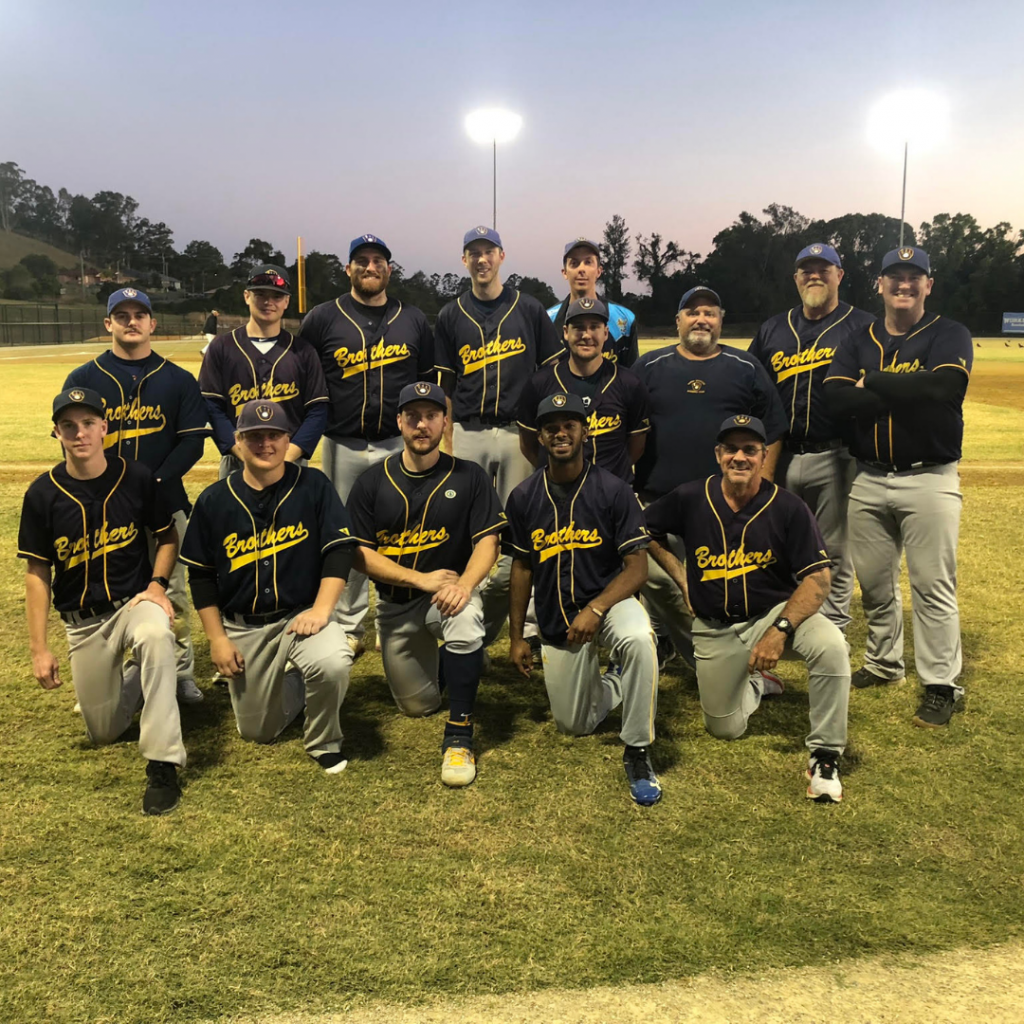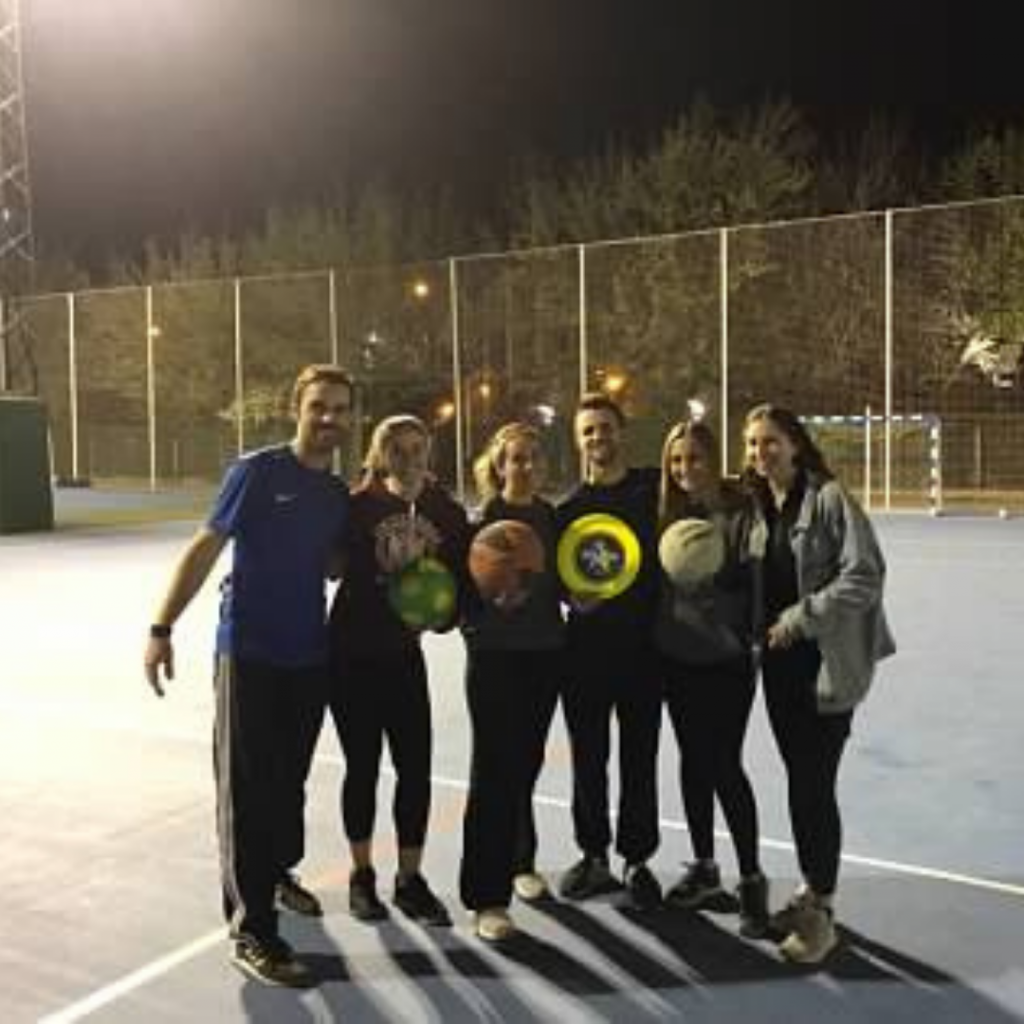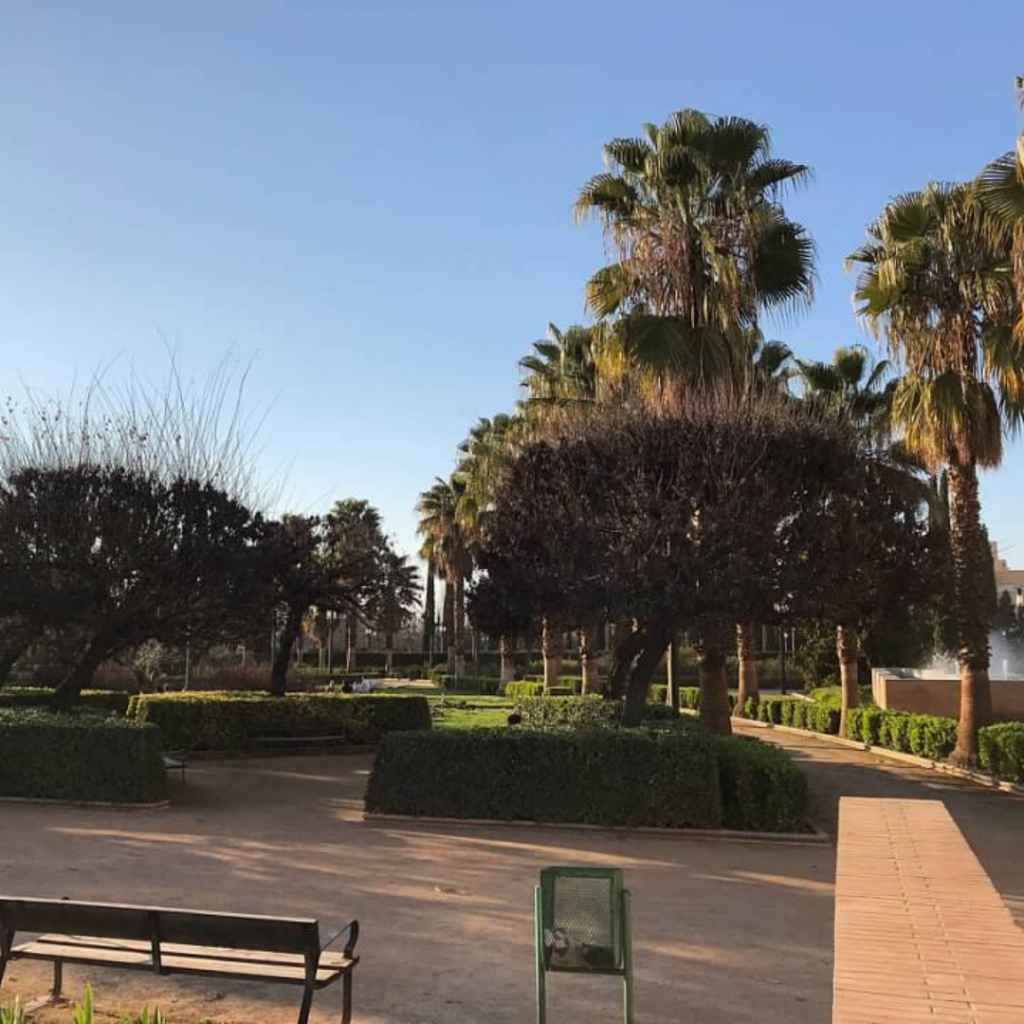I got past the common myths about study abroad (that it’s too expensive, dangerous, or wouldn’t fit in my schedule) through insight from study abroad returnees, but for me the biggest barrier was being a student-athlete. I was afraid of letting down my coach and my team, missing a precious season, and being out of shape when I got back. Despite all my concerns, I ended up taking the leap, and studying abroad was well worth missing a season of Track & Field! I interviewed two other California Lutheran University student-athletes and below is our experience and advice about how to make study abroad work as an athlete.
Introductions
Will Taylor has played football at Cal Lutheran for four years. He studied abroad his sophomore year at The Hague University in the Netherlands Spring of 2018. The program was arranged by our school, so all of his scholarships traveled with him.
Cortez Espinoza, also a senior, plays baseball. He studied abroad in Lismore, Australia in Fall 2019 at Southern Cross University, a partner-affiliate school with CLU.
Olivia Becker, the author of this blog, is a junior on CLU’s Cross Country and Track & Field teams. She studied abroad in Granada, Spain through AIFS during Spring 2019, her sophomore year.



Coach and Teammate Reactions
Cortez: My coach was supportive of me travelling to Australia because it was during the fall, which is our offseason. My teammates were excited to hear about my journey abroad. They wanted to hear about my experience and things that I learned while abroad.
Will: My coaches and teammates were supportive. They were excited for me when I told them I was going and welcomed me back after.
Olivia: My coach is a CLU alumnus, and when I told him I wanted to study abroad he encouraged me because one of his few regrets from college is that he didn’t study abroad. My teammates stayed in touch while I was abroad by FaceTiming me during some track meets and I was surprised how much extra attention they gave me when I got back
Staying in Shape While Abroad
Olivia: My coach worked with me to email a weekly training plan when I was abroad, and Granada had plenty of gyms to choose from. The AIFS Resident Director got me a discount to his gym, which I joined for the second half of my semester abroad so I could do strength training before the summer. Running in the city was trickier than at home, but I found a couple trails and a park that was exactly 1 kilometer around, perfect for repeat workouts!
Cortez: While in Australia, I played with a local club baseball team on weekends. I was able to play against college and adult players as a fun, competitive opportunity.
Will: I went to the gym at my university in The Hague almost every day when I wasn’t traveling. I knew what lifts to do and how to do them because I was there the previous offseason, so I kept up with the workouts. Every Tuesday and Thursday there was an open gym for basketball, so I played pickup games with other students. It was fun playing with guys from around the world.



Workout Buddies
Cortez: Our campus was known for its athletic facilities. Many athletes and students came to our gym to work out, which allowed me to meet athletes to lift weights and stay fit. We would challenge each other in basketball, beach volleyball, and soccer games each week to stay in shape and enjoy the outdoors.
Olivia: The AIFS team actually planned sports every couple weeks, including soccer, beach volleyball, basketball, and flag football. There was also an option to play on an international student intramural team for the entire semester and the winning team got a trophy at the end. There were a few student-athletes in my program and more people who just liked to run, so it was easy to find a workout buddy when I wanted one.
Will: I had some friends who would come to the gym with me, but I typically went alone. While it’s great to have a workout partner, I didn’t want to get tied to a gym buddy. At my program there weren’t any other student athletes because there were very few American students, and other countries don’t have college sports like in the U.S….I think it’s important to find your own motivation and be comfortable working out alone.
Satisfying your Athlete Appetite
Will: I lived in an apartment with a kitchen, so I cooked my own meals. There was a small grocery store across the street that I sometimes went to, but for my weekly grocery shopping I rode my bike to a bigger store. It was pretty cheap to buy groceries. I tried to keep a healthy diet. I ate plenty of meat, especially fish, which was far cheaper than it is here. I tried to eat local specialties often, which often weren’t the most healthy.
Cortez: I was fortunate to have a kitchen in my dorm. So I would go to the grocery store each week to prepare meals that would sustain me for the week. I also took a nutrition course for my Exercise Science major which allowed me to learn the benefits of food, to sustain a healthy lifestyle as an athlete.
Olivia: I lived with a host family that provided breakfast, lunch, and dinner, along with small snacks I could bring to class. Many of my friends’ host families were older couples who had lived during World War II and knew what it was like to be hungry, so now they made so much food that my friends had to learn to politely say they were full. My host family was younger and more concerned with their weight, but I definitely wasn’t starving. It did take me awhile to get used to Spain’s small breakfasts and late lunches (around 2-3 pm), so often I would stop at a cafe on the way to school and buy a tostada.
Readjusting to Sports in the U.S.
Olivia: It’s all about timing. If you’re a dual-sport athlete like me, you could look into summer programs, which last anywhere from 2-12 weeks. I normally train in the summer for Cross Country, so I decided I would rather miss a season of Track, then train all summer and come back strong for Cross Country.
Will: It was an easy adjustment for me. I got right back into the swing of things. Despite missing the previous offseason, I still knew the playbook and was in shape and ready for camp.
Cortez: I was able to join the team during January for our spring training, which is the main starting point for the baseball season.
Final Words of Advice
Cortez: I would advise every student-athlete to study abroad because you only get one opportunity to go to another country to learn, have fun, and experience the world outside of your university. There are opportunities for athletes to play sports while abroad, so it is important to reach out to the campus and community of desire to make playing sports abroad a reality.
Will: Pick a time to study abroad that affects your sport as little as possible. If you can avoid missing your season, do so. I would also advise going as early as possible. I went my sophomore year because I didn’t want to miss the offseason before my senior year. Work with your coaches to ensure that you’re keeping up with offseason training and don’t fall behind. Continue to develop your game in whatever way you can while you’re abroad.
Olivia: Studying abroad as a student-athlete was much easier than I expected it would be. My coach was supportive, my team enjoyed hearing my stories, I ran my fastest times in Cross Country during my first semester back, then became team captain the following semester! Study abroad may actually help your athletics if you embrace it as a nice mental break from the intensity of being an athlete. Whatever you’re scared of, stop hesitating and take the leap. It’s worth it.
By: Olivia Becker